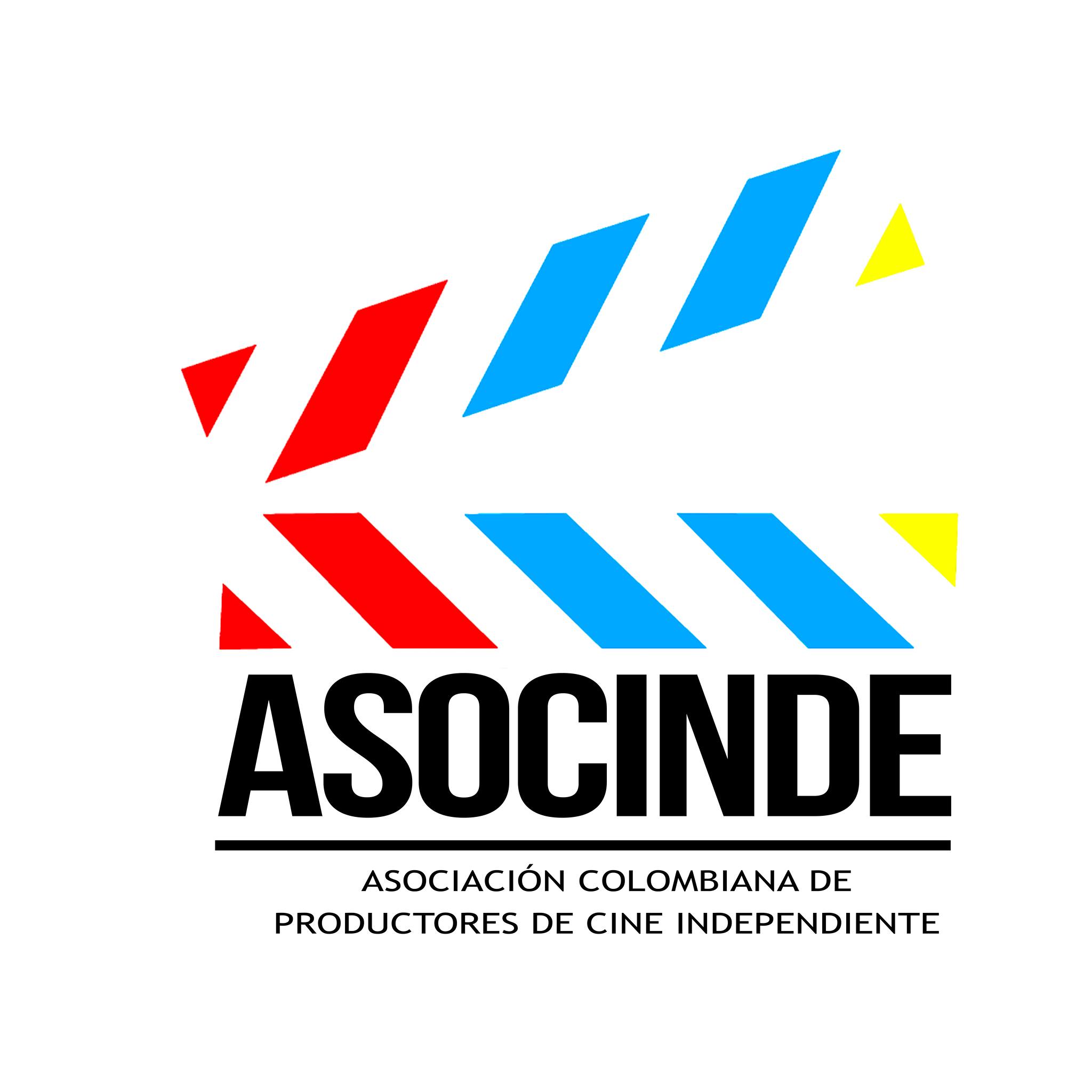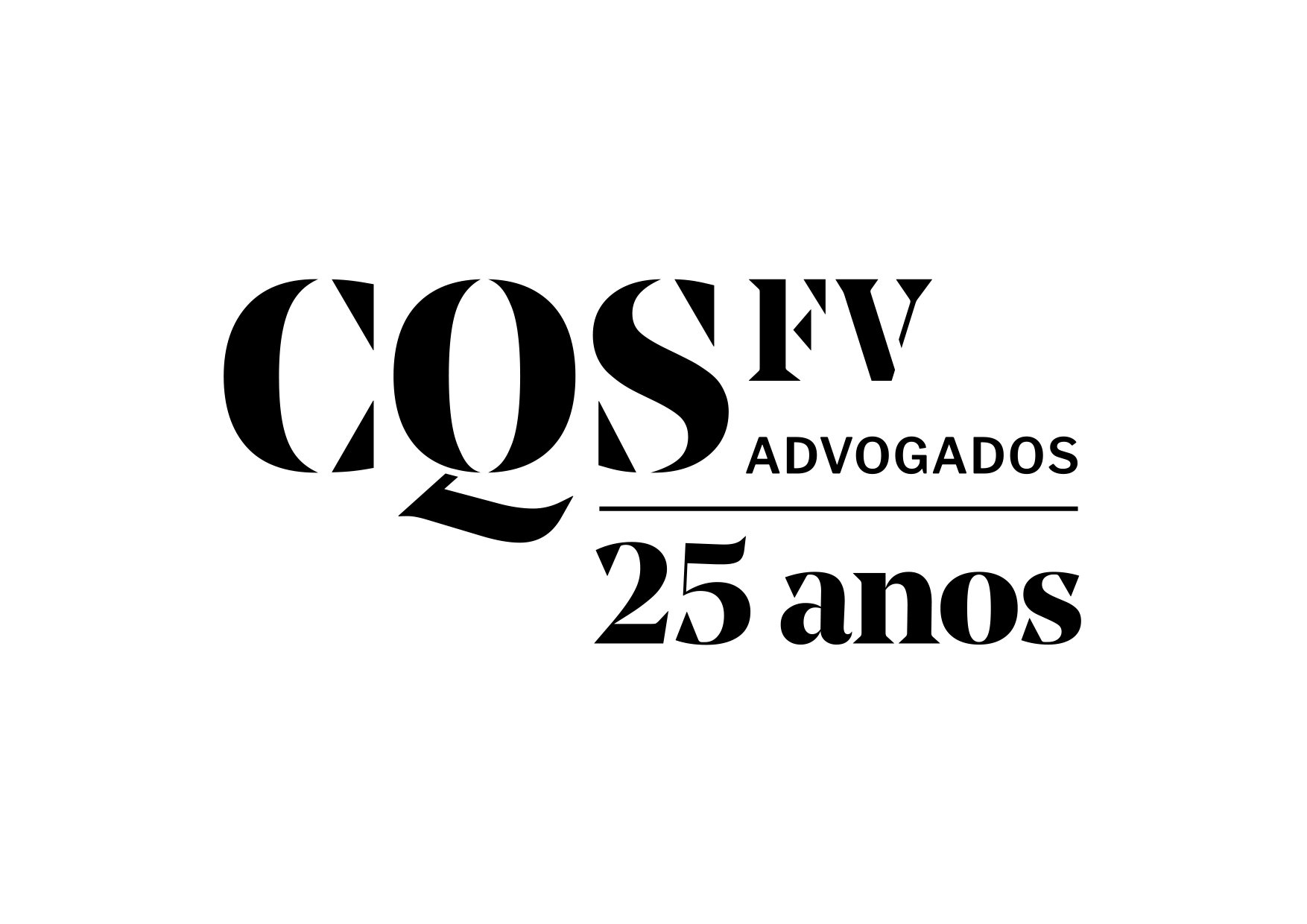In his new article published on July 7, 2016 in the “Revista de Cinema,” Steve Solot, Coordinator of Rio Film Commission, President of Latin American Training Center-LATC, and also Executive Director of the Brazilian Film Commission Network-REBRAFIC, writes about the interest of film commissions in international co-production agreements and the role they play in this process.
The Role of Film Commissions in Bilateral Co-production Treaties
Since the mid-1920s, starting in Europe, film producers have frequently teamed up with producers from other countries to finance and make films, a practice known as co-production. Under co-production treaties signed between Governments, a qualifying film is granted two or more “nationalities” and thereby is eligible for national incentives and other forms of state support aimed at promoting film production, distribution and/or exhibition.
Production incentives and international co-production treaties serve as two vital tools for achieving many nations’ policy objectives of creating a sustainable film industry and promoting audiovisual culture and education. Today, these incentives and treaties make possible the production of most films which are aimed at international audiences, and are significant and growing components in government audiovisual regulatory policymaking.
The benefits of international co-productions are well known and include:
- Access to economic resources of the partner;
- Access to the partner government’s incentives and subsidies;
- Access to the partner’s market, or to a third market;
- Compliance with screen quotas in both markets (if they exist);
- Access to a desired location; or to cheaper inputs;
- Cultural benefits;
- The opportunity to learn from the partner.
Brazil currently has bilateral coproduction treaties with ten countries (Germany, Argentina, Canada, Chile, Spain, France, India, Italy, Portugal and Venezuela), and is a signatory of the Iberoamerican Film Integration Agreement and the Latin American Coproduction Agreement – two instruments widely used by Brazilian producers for programs such as Ibermedia. The bilateral coproduction agreement between Brazil and the United Kingdom (Great Britain and Northern Ireland) was signed in September 2012 following seven years of negotiation, but has not yet been ratified by the Brazilian Congress or the British Parliament. Recently, Ancine initiated negotiations for coproduction agreements with South Africa and New Zealand, but there is no estimated date for their signature.
What is the film commission’s interest in international co-productions? What is their role in that process?
From a legislative and regulatory point of view, film commissions have no formal role in negotiations for international co-productions since only official agencies of the signatory governments are involved, such as in the case of the treaty with the United Kingdom in which Ancine represents Brazil and the British Film Institute represents the United Kingdom.
Nevertheless, without a doubt, film commissions have a direct interest in the implementation of coproduction agreements, to the extent that they serve as an instrument to promote and facilitate the production of audiovisual content in the locations of the participating countries.
Film commissions (also known as a support office for audiovisual productions) are already acknowledged as an integral part of the Brazilian audiovisual production chain, and are included in the “Plan of Goals and directives for the Audiovisual Sector” published by Ancine in 2013, and which sets forth a set of objectives aimed at guiding public policy and regulatory actions for the audiovisual sector up to 2020. In fact, references to Support Offices for Audiovisual Productions appear in two places in the Plan: item 8.12, page 128 and item 234, page 164, which are part of the general objective: “to expand the number of Support Offices for international audiovisual productions in Brazil.”
Actions by film commissions in support of co-productions agreements may occur both before their signature and implementation, as well as after they enter in effect, since film commissions are able to act quickly to offer their services and locations for filming without the need for formal agreements.
Given the above, the proactive strategy of the Brazilian Film Commission Network – REBRAFIC has been to anticipate the signing of international coproduction agreements though direct contacts with producers and their organizations, and the signing of a simple memorandum of understanding (MOU) to generate opportunities to connect producers of partner countries of Brazil with the 26 film member commissions of REBRAFIC.
Recent examples of REBRAFIC’s strategy took place on May 15 in the context of the Marché du Film of the 2016 Cannes Film Festival when the Screen Production and Development Association of New Zealand-SPADA and the National Film and Video Foundation-NFVF of South Africa signed agreements with REBRAFIC in separate ceremonies. The agreement with New Zealand was signed by Sandy Gildea, Executive Director of SPADA, and the agreement with the NFVF was signed by Zama Mkosi, CEO of that entity. Both agreements were signed by Steve Solot, REBRAFIC Executive Director.
As part of REBRAFIC’s same strategy, and in anticipation of the implementation of the international co-production treaty between Brazil and the UK, on March 10th, during the Rio Content Market, Jonathan Dunn, UK Consul General, Dawn McCarthy-Simpson Director for International Development of PACT, the British Film and Television Producer Association and Steve Solot, REBRAFIC Executive Director, signed an MOU. The objective of the agreement is to create a space for development of collaborative partnerships between PACT and REBRAFIC, promoting the co-production of films, television and other audiovisual content, as well as filming on Brazilian locations by professionals from the UK.
In the case of the US, there is no possibility of an international co-production agreement, since the lack of a federal audiovisual entity in that country prevents signing such formal agreements. However, that does not mean that financial co-productions with other countries are not done, and do occur often. In fact, to facilitate co-productions between Brazil and the US, an agreement between the Brazil-California Chamber of Commerce-BCCC and REBRAFIC was signed last year with the support of the Brazilian Consulate in Los Angeles, to encourage co-production of audiovisual content for film, television and other media between Brazilian and American filmmakers, as well as to promote filming on locations in Brazil, with support of local film commissions. Specifically, the agreement serves as a gateway for the 26 film commissions represented by REBRAFIC when they seek business partners to offer their services and locations to producers in Los Angeles, the “epicenter” of the global film industry.
Steve Solot
Executive Director, Brazilian Film Commission Network – REBRAFIC www.rebrafic.net
Coordinator, Rio Film Commission www.riofilmcommission.com
(Translated from the original Portuguese – O papel das film commissions nos acordos bilaterais de coprodução cinematográfica)












